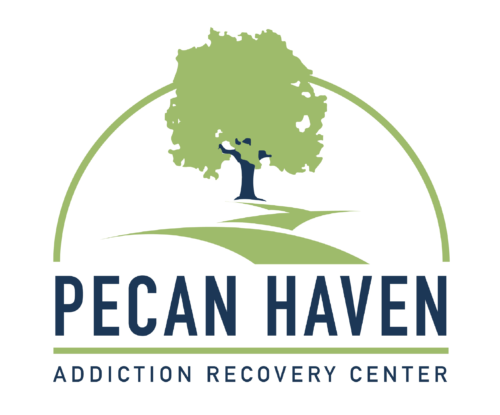Recovery from addiction is a journey that requires plenty of courage. It’s one of the best things you can do for yourself, and for the people in your life. However, it’s important to acknowledge that the risk of relapse is a common part of this process for many people.
While addiction is difficult to recover from, and everyone’s methods of doing so are different, it’s important to understand some of the factors that can contribute to relapse during recovery, in order to take proactive measures to avoid them.
Build a strong support network
A strong network of supportive loved ones is invaluable during the process of recovery. This network may include family, friends, support groups, and healthcare professionals who understand your journey.
These individuals can provide emotional support, guidance, and encouragement during even the most challenging times, helping you stay committed to your recovery and withstand emotional difficulty without relapse.
Identify triggers and high-risk situations
Developing a good understanding of your triggers, and understanding high-risk situations, is essential. While everyone’s triggers are different, they often include people, places, emotions, or specific stressors that may lead to cravings or relapse.
Identifying these triggers can help you develop strategies to avoid them or cope with them effectively.
Healthy coping mechanisms
In the past, substance abuse was a coping mechanism in itself. Perhaps you got into the habit of using your substance of choice in times of stress or emotional difficulty. These may have seemed effective at the time, but if you’re seeking recovery, you understand how dangerous and unhelpful they really were.
Recognize your triggers, and then come up with some healthier alternatives– like exercise, meditation, creative pursuits, or therapy, to help you manage stress and emotional challenges in a constructive way that doesn’t compromise your recovery, health, or relationships.
Set realistic and achievable goals
Setting goals in general is a great idea– it can motivate people to improve in a measurable way that they can feel proud of later. This is especially true in recovery.
Set some realistic and achievable goals, both long-term and short-term. Allow these goals to serve as your roadmap of recovery. Break down your recovery into smaller, more manageable steps, and then work toward your goals– building a sense of accomplishment and motivation.
Learn from relapses
Relapse can happen. It’s incredibly common for people struggling with addiction. Remember that a relapse isn’t failure, and a relapse doesn’t mean that you’ve forgotten everything you learned in recovery so far. In fact, relapse can be viewed as a learning opportunity, rather than a failure.
If a relapse has occurred, try to understand the triggers and circumstances that led to it. Use this knowledge to strengthen your relapse prevention strategies, and move forward with increased resilience to avoid the same thing happening again.
Stay committed to your recovery
The most effective way to prevent relapse is by maintaining a strong commitment to your recovery. This commitment requires ongoing effort, self-compassion, and a dedication to personal growth.
Remember the reasons you embarked on this journey, and hold onto the vision of a healthier, sober, and fulfilling life that’s only possible through recovery.
If you’re struggling with addiction, or are dealing with a relapse, it might be time to seek professional help. Please give us a call or fill out our online assessment today to get started.
